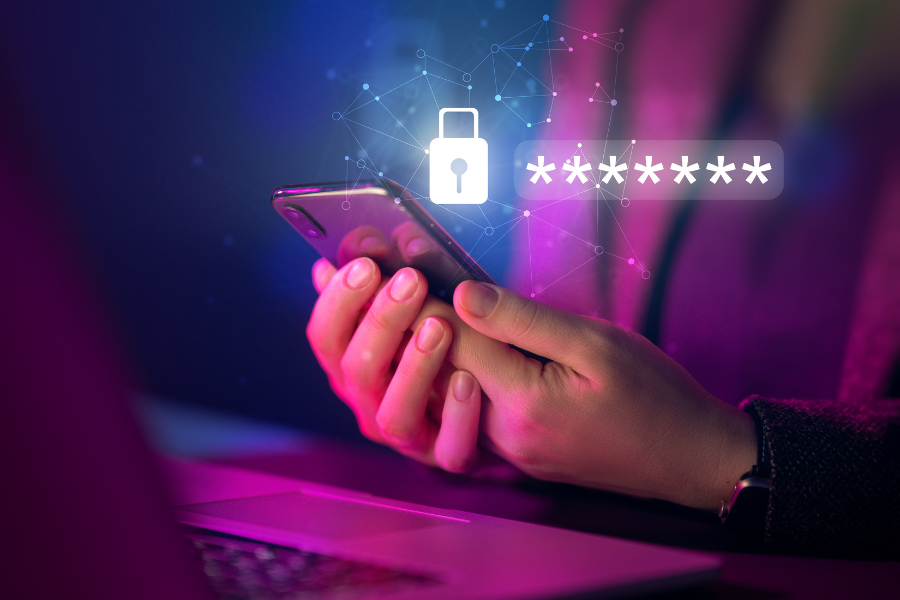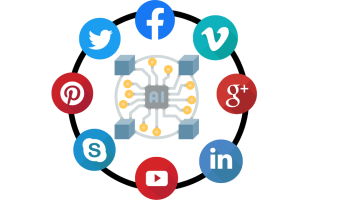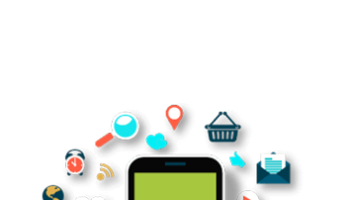In today’s digital world, keeping your money safe from hackers is more important than ever. Cybercriminals are constantly finding new ways to access personal and financial information, but there are plenty of steps you can take to protect yourself.

Whether you’re shopping online, checking your bank account, or just browsing the web, being proactive about cyber security can make a big difference.
In this guide, we’ll walk you through some easy and effective tips to keep your financial information secure and give you peace of mind in the digital age. Let’s get started!
Understanding Cyber Security Threats
Common Cyber Threats
To protect your financial information, it’s important to understand the types of cyber threats you might face:
- Phishing: Fraudulent attempts to obtain sensitive information by disguising as a trustworthy entity.
- Malware: Malicious software designed to damage, disrupt, or gain unauthorized access to computer systems.
- Ransomware: A type of malware that locks you out of your data until you pay a ransom.
- Keylogging: Software that records every keystroke you make, capturing sensitive information like passwords.
- Man-in-the-Middle Attacks: Intercepting communications between you and another party to steal or alter information.
Importance of Cyber Security
Protecting your financial data isn’t just about keeping your money safe; it’s also about preserving your personal information and maintaining your overall digital privacy. A breach can lead to identity theft, unauthorized transactions, and long-term financial consequences.
Steps to Ensure Cyber Security

1. Use Strong, Unique Passwords
Passwords are your first line of defense. Use complex, unique passwords for each of your accounts.
Tips for Strong Passwords:
- Length and Complexity: At least 12 characters, including numbers, symbols, and both uppercase and lowercase letters.
- Avoid Common Words: Don’t use easily guessable words like “password” or “123456.”
- Use a Password Manager: Tools like LastPass or Dashlane can help generate and store strong passwords securely.
2. Enable Two-Factor Authentication (2FA)
Two-factor authentication adds an extra layer of security by requiring a second form of verification.
How 2FA Works:
- Step 1: Enter your password.
- Step 2: Verify your identity through a second method, such as a code sent to your phone or an authentication app.
3. Keep Software and Systems Updated
Regularly updating your software and operating systems helps protect against vulnerabilities that hackers can exploit.
Update Tips:
- Enable Automatic Updates: Ensure that your system and software automatically update.
- Regular Checks: Manually check for updates if automatic updates are not available.
4. Be Cautious with Public Wi-Fi
Public Wi-Fi networks are often less secure, making it easier for hackers to intercept your data.
Safe Usage Tips:
- Use a VPN: A virtual private network encrypts your internet connection, providing additional security.
- Avoid Financial Transactions: Don’t access banking or financial accounts on public Wi-Fi networks.
5. Monitor Your Accounts Regularly
Frequent monitoring of your financial accounts helps you quickly spot any unauthorized transactions.
Monitoring Tips:
- Set Alerts: Enable transaction alerts through your bank’s mobile app.
- Regular Review: Check your account statements regularly for any suspicious activity.
6. Secure Your Devices
Ensure all your devices, including smartphones, tablets, and computers, are secure.
Device Security Tips:
- Use Antivirus Software: Install reputable antivirus software to protect against malware and other threats.
- Enable Firewalls: Use built-in firewalls to block unauthorized access.
- Lock Devices: Set up screen locks and encrypt sensitive data on your devices.
7. Educate Yourself and Stay Informed
Staying informed about the latest cyber security threats and best practices is key to maintaining your financial security.
Education Tips:
- Follow Security News: Regularly read news and updates from trusted cyber security sources.
- Attend Workshops/Webinars: Participate in online workshops or webinars on cyber security.
Responding to a Cyber Threat
Immediate Steps if You Suspect a Breach
If you suspect that your financial information has been compromised, take immediate action:
- Change Passwords: Update passwords for all affected accounts.
- Notify Your Bank: Inform your bank or financial institution about the suspected breach.
- Check for Unauthorized Transactions: Review recent transactions and report any suspicious activity.
Long-Term Steps
- Monitor Credit Reports: Regularly check your credit reports for any unusual activity.
- Consider Identity Theft Protection: Services like LifeLock or IdentityForce can provide additional monitoring and protection.
Final Thoughts
Keeping your money safe from hackers is crucial in today’s digital world. But don’t worry, there are simple steps you can take to protect yourself.
By setting strong passwords, using two-factor authentication, keeping your software up to date, being careful on public Wi-Fi, checking your accounts regularly, securing your devices, and staying informed, you can lower the risk of cyber attacks.
Just remember, staying in the know and being cautious online are your best weapons against cybercriminals. So, let’s dive in and make sure your finances stay safe and sound!







